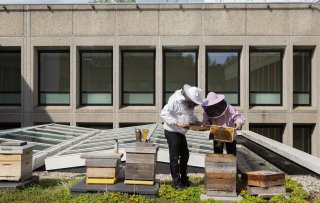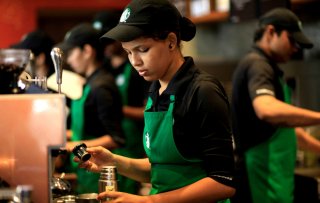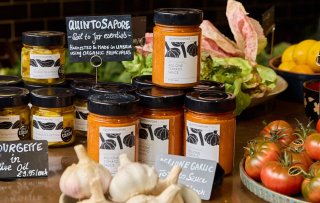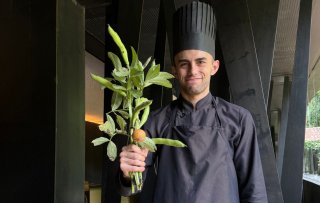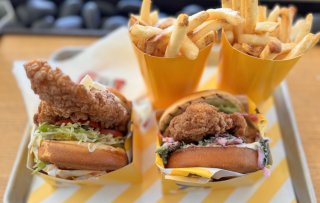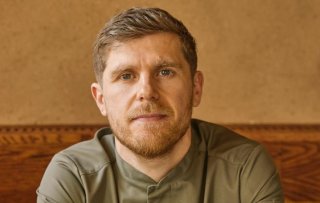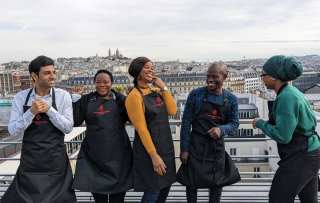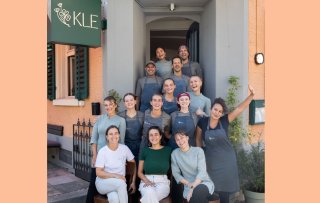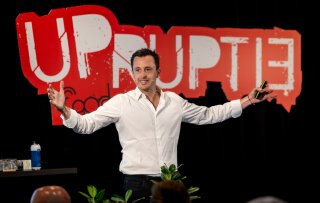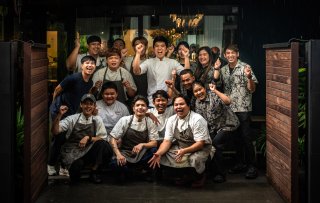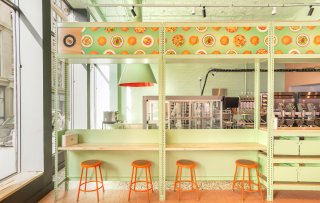In the old days communities divided the meat of a cow among each other. In the sharing economy we go back to that principle.
With so-called factory meat, more animals are killed than consumed. This means there is a lot of waste. Taking into account that a kilogram of beef requires 15.000 litres of water to produce, it would be an incredible waste if we threw it in the trash straight away.
Sharing the meat
The founders behind the following concepts evidently felt the same way. A cow share means the meat of every cow is cut up and divided into packages that consumers can buy. You choose a package based on the size of your household and the cow won’t be butchered until all the meat from it has been sold.
Philly CowShare
At Philly CowShare you can also buy a part of a pig. The company wants to encourage people to be more mindful of eating meat. The message is to eat less meat and, more importantly, eat every part of it. Don’t just eat a steak. Philly CowShare makes sure that the farmer and the butcher get a fair price for their product and that the animals have lived a comfortable life.
True Grass Farms
The company True Grass Farms chooses twenty animals every year to sell online and once they’re gone, they’re gone. It sells cows, pigs and lambs and claims to have the only organic, grass fed, Wagyu-meat in California. If you order a package at True Grass Farms, you also get an invitation to come visit the ranch to see the meadows and meet the farmers.
Green Pasture Farms
At Green Pasture Farms you have a choice of many different packages of beef, pork, chicken, water buffalo or lamb. Next to a single type meat package, they have a mixed grill package, a breakfast package, a barbecue package or even a paleo package. The animals are fed a natural diet at the local, family owned farms on which they live.
Do you want to read more about the sharing economy?
.png-28x28.png) Written by
Written by 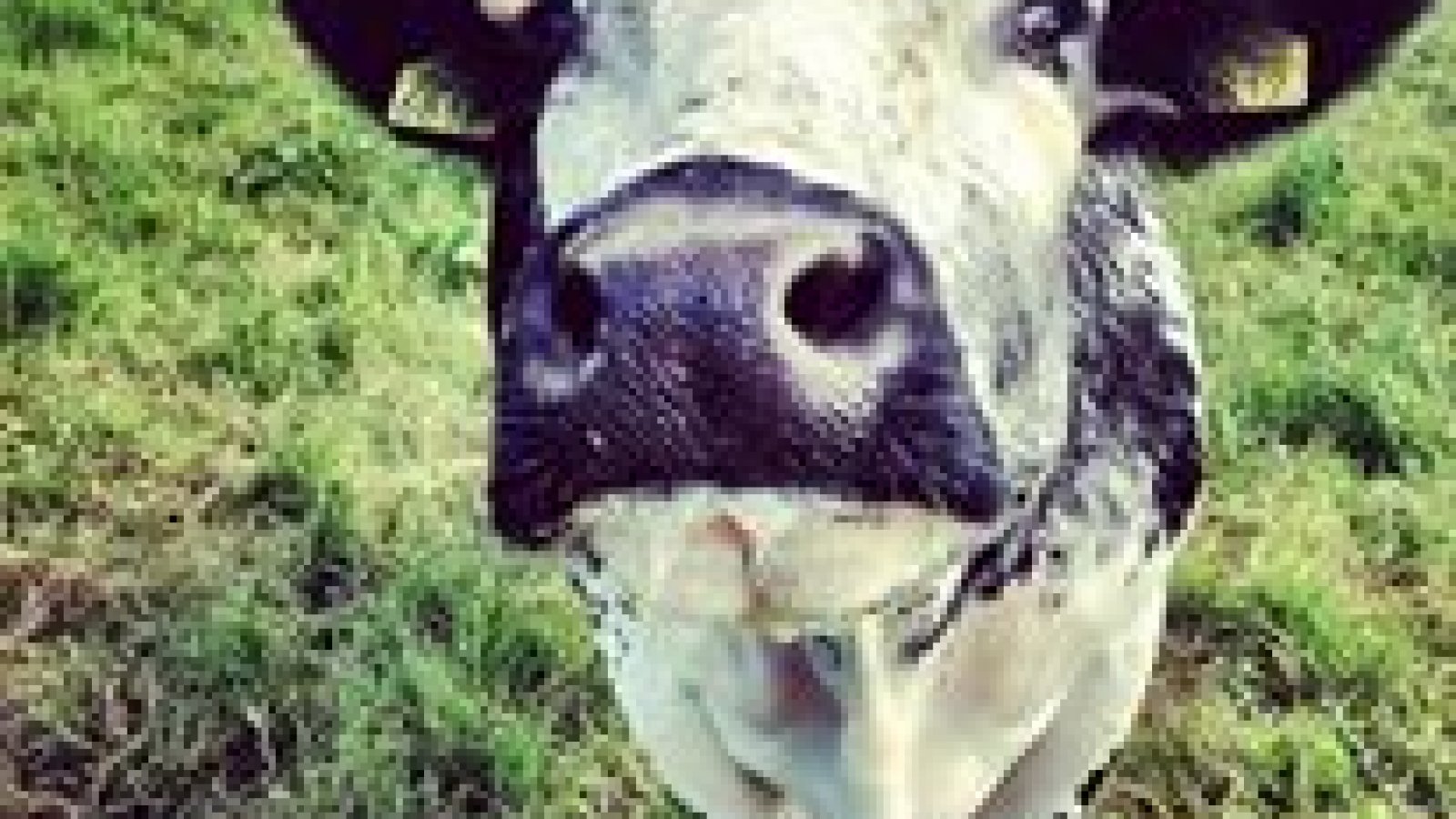
.png)







